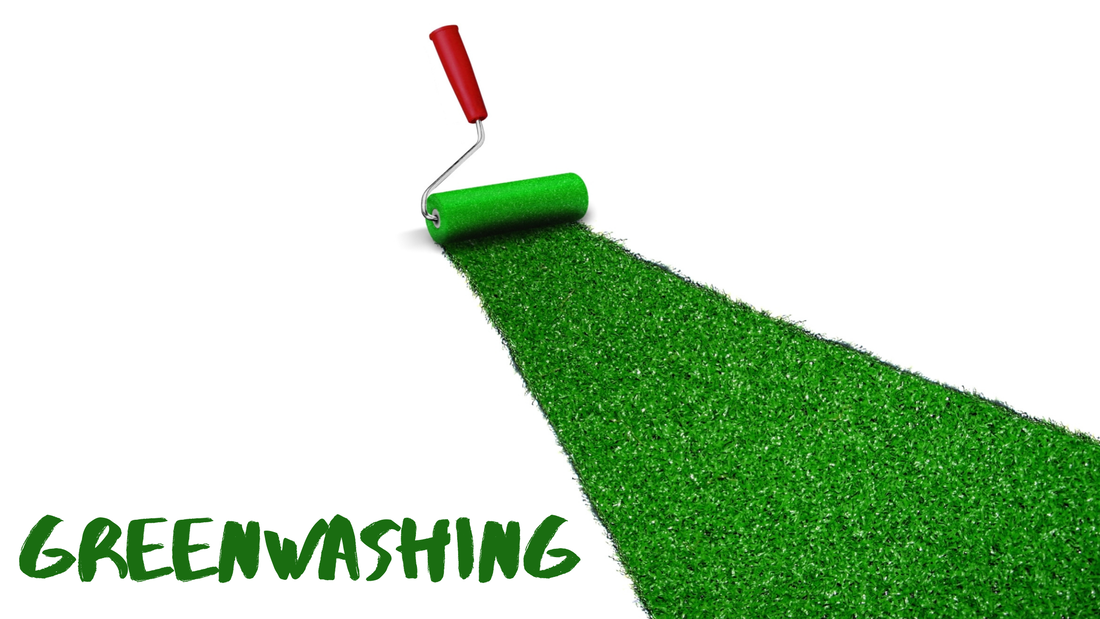Caveat emptor - let the buyer beware! Chances are, if you are here it is because you would like to see your community switch to organic landscaping practices. You may be in need of help from contractors, consultants, nonprofits, volunteer organizations, or others to help you with technical assistance, training and implementing an organic pilot program in a park or athletic field. When we are looking to change our communities conventional landscaping practices, there are a few pitfalls we will need to avoid. One of these is greenwashing, meaning that a person or company is making misleading claims about their products and/or services being organic when they are not so in reality. Sometimes it is our municipalities and staff that are being misled, but whatever the case, it's important to be on the lookout! While it's necessary for manufacturers, contractors and consultants to advertise themselves and their products, we must be sure that there is truth and genuine expertise behind marketing buzzwords like natural, regenerative, sustainable, eco-friendly and the like. It's important to know that we do have national organic land care standards written by experts in the field, along with an accreditation program based on them. Even so, the word organic is sometimes being used by companies and consultants that do not follow these voluntary guidelines of preferred, allowed, and prohibited practices. Just because the word organic (or any other) is being used, does not automatically mean that these standards are being met. So, how can we as consumers and advocates avoid greenwashing and undesirable outcomes for our community project? The following are a few practical tips on what to do when looking at our options. Questions Should Always Be Welcomed.
Trust But Verify.
Ask The Right Questions.
Methods and Products.
We hope that by using these tips you will be able to navigate the world of organic landscaping a bit better and make sure that your community is getting a truly organic program, products, and services. |
Archives
March 2024
Categories |
|
Non Toxic Communities is a 501 (c) (3) charitable organization
Nontoxic Communities Foundation, Inc. dba Non Toxic Communities Copyright © 2024 Non Toxic Communities - All Rights Reserved Site design by Bee Rooted | About Us | Contact Us |

 RSS Feed
RSS Feed
